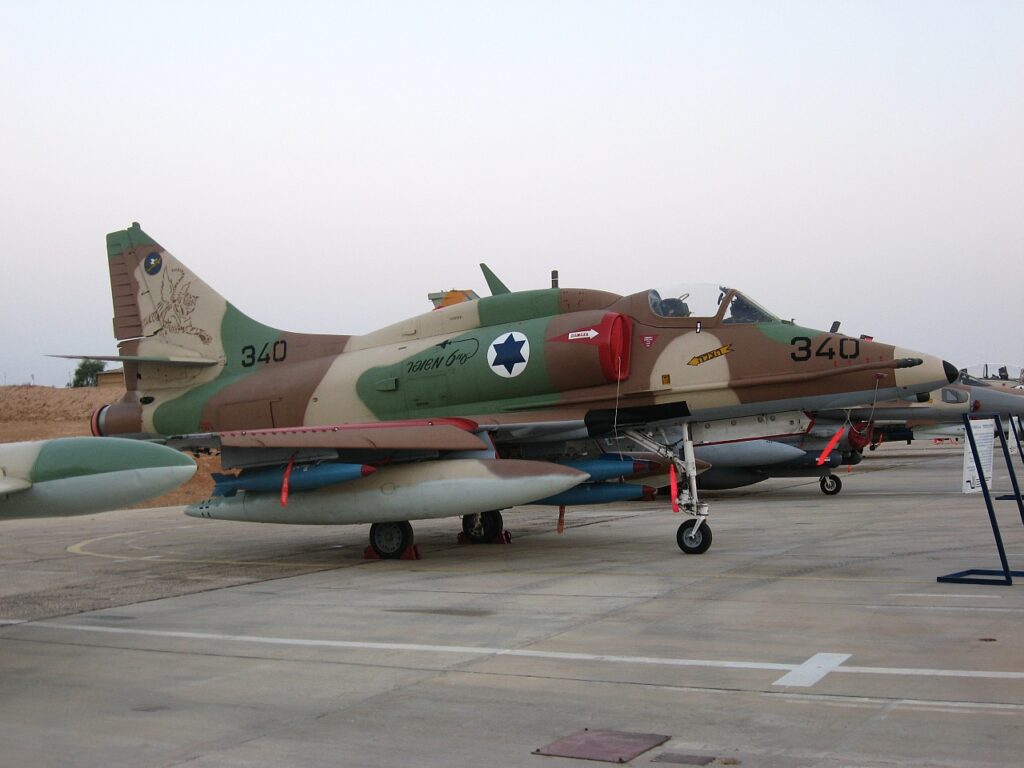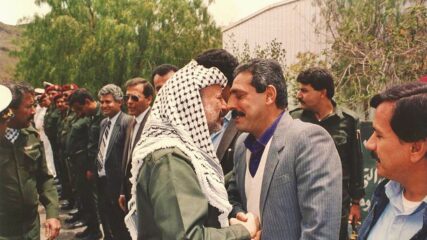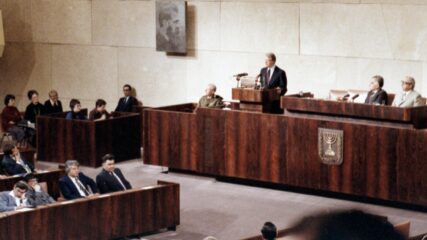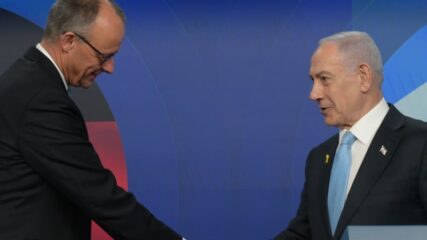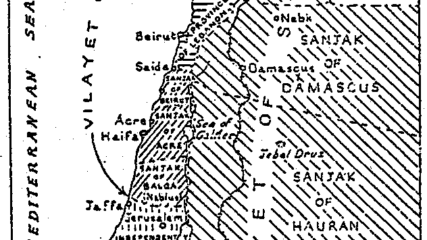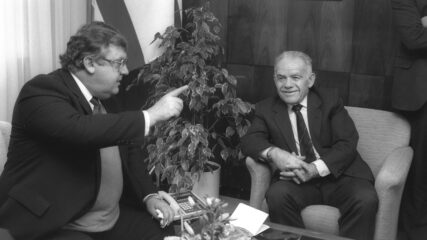May 19, 1966
The Johnson administration announces that it will sell A-4 Skyhawk light bombers to Israel, marking the first sale of U.S. warplanes to Israel and a shift from France to the United States as Israel’s primary arms supplier. The A-4 deal follows the U.S. announcement in February of the sale of 200 Patton tanks to Israel. Both sales enhance Israel’s ability to defend itself by attacking its neighbors.
The A-4 sale does not represent a strategy by the United States to give Israel a military edge over its neighbors. Instead, President Lyndon B. Johnson wants to maintain a balance in the Middle East, as he shows through secret agreements to sell F-5 fighter-bombers to Morocco and Libya and to supply other military equipment to Lebanon, Tunisia and Saudi Arabia. Johnson also refuses to sell state-of-the-art F-4 Phantom II fighters to Israel.
Israel is the largest export customer for the A-4, which costs a quarter as much as the Phantom II and can carry more bombs. Israel eventually purchases 217 A-4s, and the United States transfers an additional 46 to Israel to make up for the loss of military hardware during the Yom Kippur War.
Designated Ayit (Eagle), the A-4 enters service in the Israeli Air Force in 1968, so it does not play a role in the June 1967 Six-Day War. It does, however, provide important air support for ground forces in the War of Attrition, which lasts through 1970, and the 1973 Yom Kippur War. One pilot, Col. Ezra Dotan, shoots down two Syrian MiG-17s over southern Lebanon in May 1970 even though the A-4 is not designed for dogfighting and does not have an air-to-air mode for its heads-up display.

